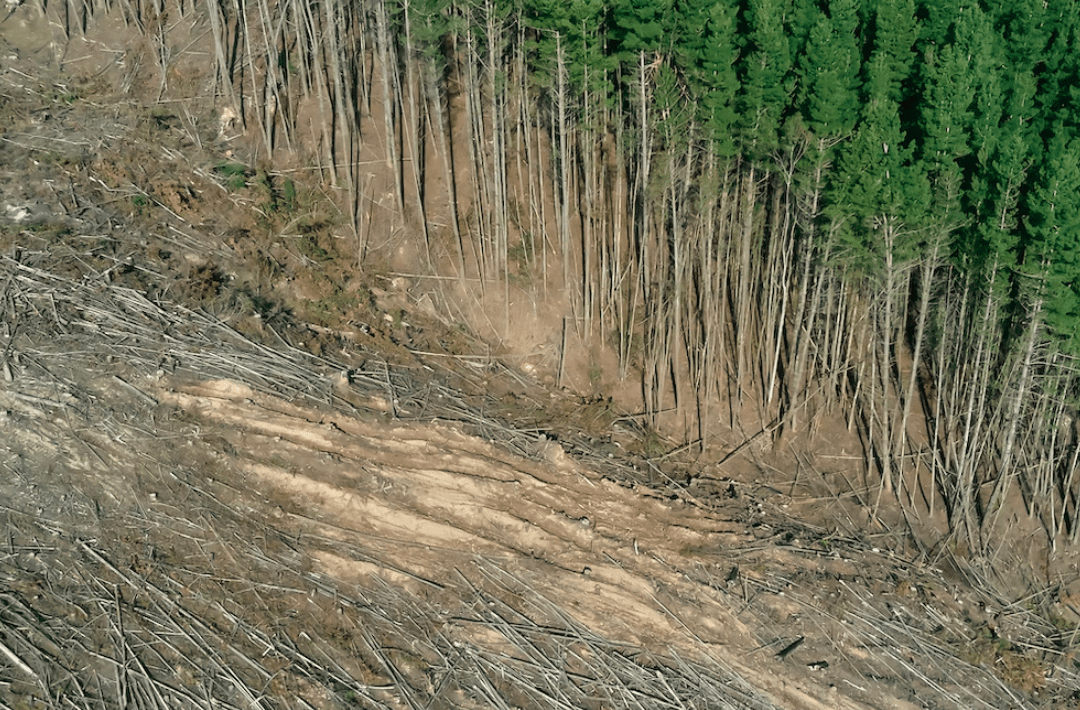
The Problem that Pesters: Reducing Pesticide Use in the European Union
IPM is a solution to significantly reduce the use of pesticides in the EU, which have shown to be damaging to biodiversity, the environment, as well as human health. Adopting IPM would prioritize strengthening Europe’s biodiversity and support tackling some key issues that face the agricultural sector and food supply concerns due to climate change. There is resistance to adopting this strategy as it would disrupt the current pesticide industry, and farmers are reluctant to change because it may affect their yield and income.









